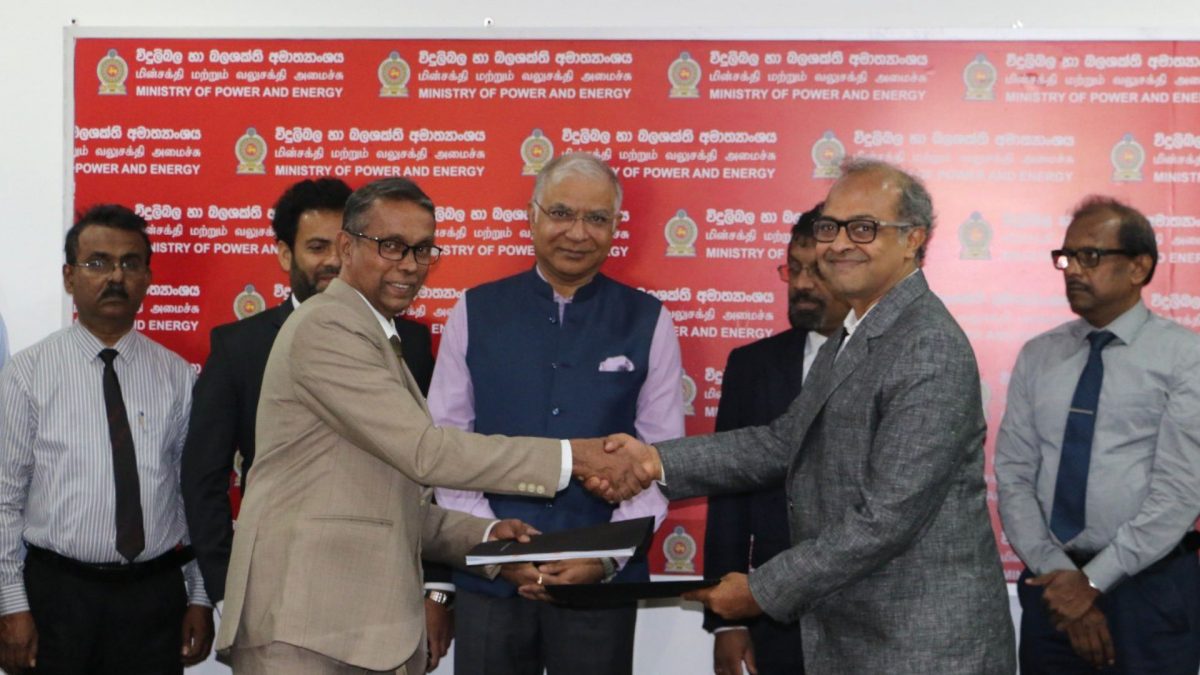The high drama surrounding the 628 entries in the HSBC Geneva black money list submitted by the Narendra Modi government to the Supreme Court is over. At least it appears so, for now.
The Special Investigations Team (SIT) has disclosed that 289 entries out of the 628 in the list did not have any money left in those accounts, while 122 in the list were found repeated.
Besides, there were no details of operations in these accounts i.e. details of transaction history and the time of opening of these accounts.
To sum up, the government and the apex court have refused to reveal the names in the list, now that the sleuths have found that the list is of little use and transactional details aren’t available.
In short, the so-called black money list, which was subject to much hype and political attention in the recent weeks and seen as a landmark step of Modi-government in its effort to bring “every penny” of black money back to the home soil, has proved out to be a non-event.
The NDA government, thus, stands at the same point where it started in the black money battle.
So what happens now?
As Firstbiz had highlighted , in the first place the whole exercise of chasing the names of 628 in the HSBC Geneva list and projecting it as a major step in the black money hunt was a mis-step by Modi.
A step, which perhaps helped Modi only to create an impression that the NDA government is serious in working towards its stated poll promise of bring black money back to India.
There were facts that made the fate of the HSBC list obvious. The first and more important was the list had entries only until 2006.
For anyone who keeps unaccounted cash in a bank account, it doesn’t take more than a few hours to evacuate the ill-gotten wealth to safer locations at the first sign of imminent danger, forget about eight long years.
Also, even if the names were found, mere mention of the name in the list may not be sufficient enough to tag an account holder as guilty. For that, the government must be able to prove the account holder on charges of tax evasion.
So what real benefit the country gained by chasing the 628 names? Even if the government managed to identify the account holders, it would have neither brought back the ‘black money’ home, neither turned it white.
As Firstbiz has argued before, if Modi is serious in unearthing the black money market in the country, he should begin with cleaning up political funding and real estate transactions.
It is a known fact that huge amount of unaccounted cash changes hands between politicians and companies which, in turn, gives birth to the infamous corporate-political nexus – the root cause of corruption in most areas.
Take a look at this number: The total income of national parties between fiscal year 2004-05 and 2012-13 stood at Rs 5,890.66 crores, according to Association for Democratic reforms. These numbers exclude funding of regional parties.
Remember, that’s just the declared income.
Majority of the political funding in this country still happens in non-transparent manner and the names of donors are not known to the tax men.
Once strong steps are taken to bring in transparency in political funding, the next step Modi should take is to clean up the black money transactions in real estate deals.
As far as the unaccounted money deposited in foreign tax havens, the government needs to find out ways to improve information sharing on suspected accounts with the respective governments and central banks in those countries.
This way, if a cross border transaction takes place involving transfer of large amounts to those countries from India, the same can be monitored on a real time basis from now on.
As for the accounts in the HSBC list, the government can do something only if the details of account operations are available, which doesn’t seem to be the case as disclosed by SIT.
Even as the hype created over the HSBC list turns out to be a non-event, this is a golden chance for Modi to initiate meaningful action against the thriving black market in domestic market.


)




)
)
)
)
)
)
)
)